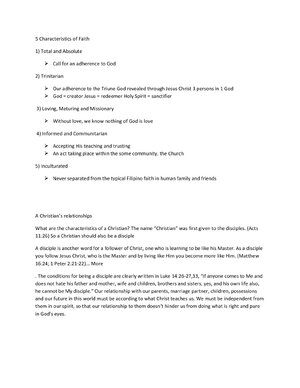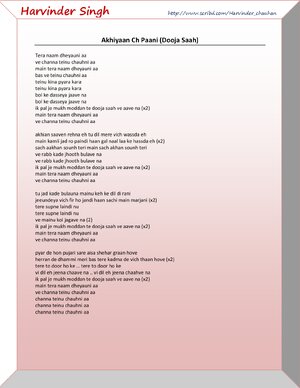This document Class 10 Notes delves into key social and political issues surrounding gender, religion, and caste, focusing on topics such as gender discrimination, women’s empowerment, literacy rates, female foeticide, women’s political representation, communalism in politics, and caste inequalities. With insights on the challenges faced by women in society, legal provisions for gender equality, communal tensions, and the impact of caste on politics, this educational material offers a comprehensive understanding of these significant societal factors. Explore the nuances of gender and politics, religious differences, and the interplay of caste dynamics in the political landscape.

_page_1-rcnxrj56ps3ywtyryp4i1y8mjpmgcr3f6m76lc672w.webp)
_page_1-212x300.webp)












